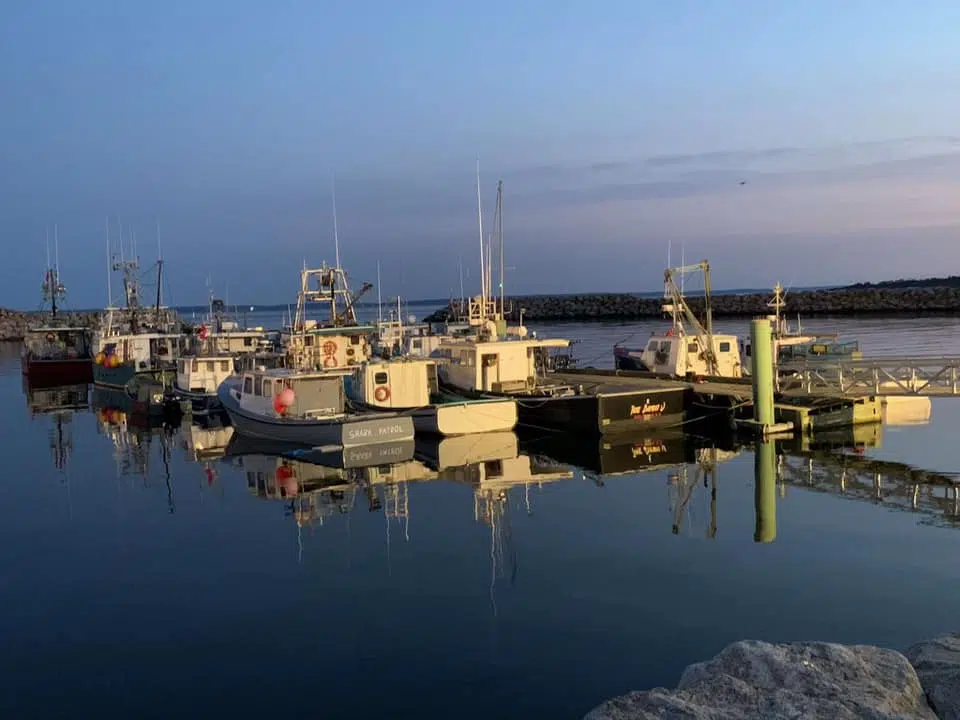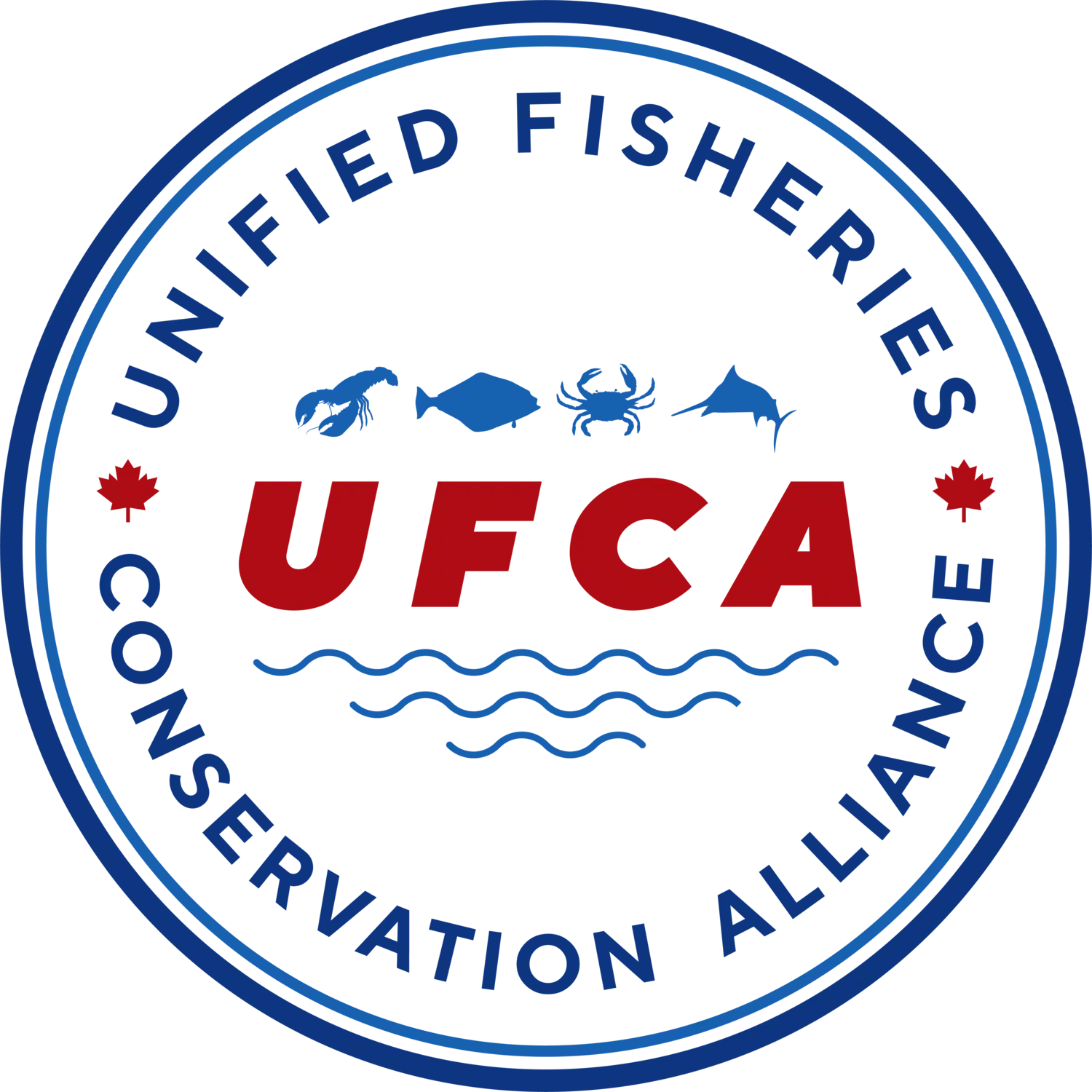The Unified Fisheries Conservation Alliance says important days are ahead.
The group representing 2,000 commercial fishing stakeholders in Nova Scotia and New Brunswick have been granted intervener status in several Indigenous court cases.
The latest came in December in a notice of application brought forward by the Sipekne’katik First Nation to the Supreme Court of Canada.
The band’s application is against the federal government, challenging their regulation and enforcement of Indigenous fisheries.
UNIFIED FISHERIES
CONSERVATION ALLIANCE
#cratechallenge2021#fisheryofthefuturehttps://t.co/a3dkwb3RZe pic.twitter.com/AOH1iCqaZY
— Unified Fisheries Conservation Alliance (@UFCAonefishery) December 10, 2021
UFCA President Colin Sproul says these are the most vital court cases since the Marshall Decision.
“This is the most important time moving forward with these cases since 1999. This is our chance to stand up for what’s right, and to do the right thing for the resource and our communities,” says Sproul.
He says the UFCA’s goal is to have one set of rules for all fishers, within established seasons, and they are committed to a peaceful solution with all parties involved.

Sproul says standing up for conservation is a duty that all fishers have.
“It’s predicates our existence in this fishery. I believe that the fishers in the Maritimes will rise to the occasion, and support the UFCA as we move forward over the next couple of years.”
Court dates are expected to begin in the spring.
Sproul says fundraising for legal fees continues among fishers and their organizations.
The Sipekne’katik First Nation began an out of season treaty lobster fishery in St. Mary’s Bay last August, resulting in several trap seizures by the Department of Fisheries and Oceans.














